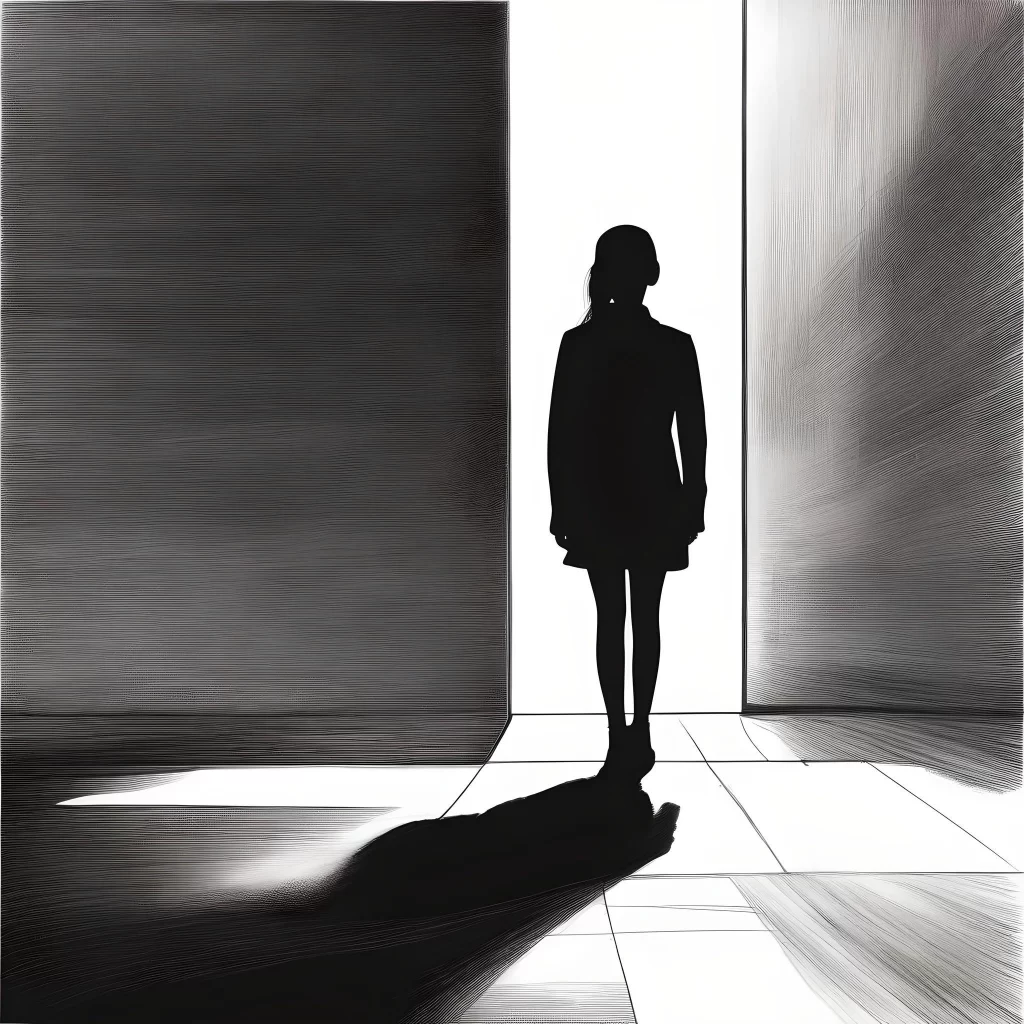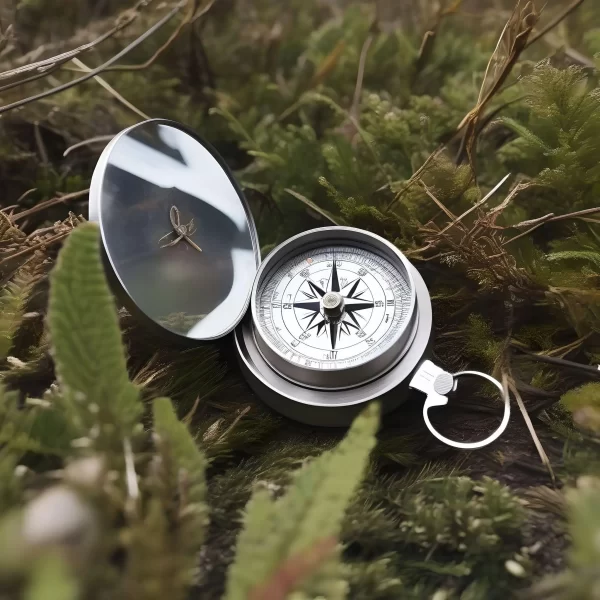In today’s fast-paced society, we are bombarded with a constant stream of information, responsibilities, and countless decisions about everyday things. Add our attachment to material possessions and digital properties, and it becomes clear that the need to simplify has never been more urgent. Our lives are often cluttered with distractions and commitments that leave us feeling overwhelmed and stressed. I’ve seen firsthand how this complexity can take a toll on our mental health, leading to burnout and decision fatigue.
All this makes us crave some semblance of peace—and the best way I know to get there is through simplicity. True peace is about simplifying, not adding more to our plates.
Peace is about subtracting not multiplying.
Simplicity offers a powerful antidote to the overwhelm many of us feel — e.g. We don’t want to read an entire book; we want a summary with bullet points. We struggle to make decisions at a restaurant with hundreds of menu items due to fear of missing out, but we’re often more satisfied at a restaurant with just 1 to 5 specialized dishes. These phenomena reflect our true nature, yet we still struggle to structure our lives in ways that serve our best interests. Most of us struggle with holding onto too much—both in our minds and in our physical spaces. We often keep things because we think we need them, without really questioning if that’s true.
At its core, we have these strong emotional attachments towards things that don’t serve us and keep us stuck from ever creating the space for what truly matters – one that can lead to a more fulfilling and peaceful life.
The Timeless Practice of Simplifying
The practice of simplifying isn’t a new concept. It’s deeply rooted in ancient traditions, particularly Buddhism. This is where I first encountered the idea and began integrating it into my own life. Buddhist teachings emphasize mindfulness, minimalism, and non-attachment—letting go of excess to achieve inner peace. These principles encourage detaching from strong desires, such as material possessions and rigid ways of thinking, to reclaim our power and create space for new possibilities.
In Buddhism, the concept of simplicity is closely tied to the principle of “santosa” or contentment, which is about being satisfied with what you have and finding joy in simple living. The practice of mindfulness, a core tenet of Buddhism, involves being fully present in the moment and appreciating the simplicity of everyday experiences without the constant need for more. Many ancient traditions emphasize the importance of living simply and mindfully. For example, Stoicism, a philosophy that originated in ancient Greece, teaches the value of self-control and detachment — stoic philosophers like Seneca and Epictetus believed that true happiness comes from within and that external possessions are not necessary for a fulfilling life. They advocated for a lifestyle that prioritizes inner peace and virtue over the accumulation of wealth and possessions.
These ancient traditions share a common understanding — that a simpler life, free from excessive desires and material possessions, leads to greater clarity, peace, and fulfillment.
In our modern world, these teachings are more relevant than ever.
The emotional toll of always being “on” and connected is significant. The pressure to respond immediately to messages and emails, the fear of missing out on social media, and the endless stream of notifications can make it feel like there’s no escape. This constant state of alertness can prevent our minds from “turning off” or resting, leading to burnout and a diminished capacity to enjoy the present moment.
As a therapist, I’ve observed common themes of overwhelm in my sessions. Many of my patients express feeling buried under the weight of their obligations – unable to prioritize what they care about because of bills, deadlines, and endless to-do lists. They often share how this constant state of busyness leaves them feeling exhausted and unfulfilled—as if they’ve become slaves to their own lives. They are so mentally drained that they can’t even reach the core of what makes them happy.
I’ve had patients who, when given an immense amount of time and space to contemplate what truly brings them joy, find themselves at a loss. They spend their time trying to reset and recuperate, only to return to the very things that drained them in the first place. This realm of personal happiness is often unexplored or underdeveloped because they’ve been so caught up in the demands and distractions of daily life. They are so accustomed to running on autopilot, handling one task after another, that they’ve lost touch with their inner desires and needs. Ultimately, their everyday life becomes soul-draining. And that, to me, is truly sad and tragic.
The Need to Simplify
In therapy, I frequently discuss the need to simplify. It’s about stripping away the non-essential and focusing on what truly brings value and joy to our lives. This isn’t just a nice-to-have; it’s a necessary shift for mental and emotional well-being. Simplifying helps us clear the clutter—both physical and mental—that hinders our ability to live fully and authentically. By removing what doesn’t serve us, we create space for what truly matters.
Let me introduce to you an often overlooked aspect of modern mindfulness – one very simple, action-oriented practice that embodies simplicity—and that’s minimalism. Minimalism is about intentionally choosing to live with less so that we can make room for more of what truly matters.
My Personal Journey with Minimalism
Let me share a personal story about when I first decided to embrace minimalism. I remember it very clearly—I was 17 years old. At that time, I wasn’t particularly stressed or overwhelmed, but I was on a quest to become a better version of myself. Having already trained extensively in martial arts for seven uninterrupted years and achieving my black belt, I had gained some level of mastery over my body. Naturally, my focus shifted to mastering the nuances of my mind.
I was reading a lot on philosophy at this time, including different religious, cultural, and spiritual books, and was heavily influenced particularly by Eastern philosophy. And that’s how I stumbled upon the concept of minimalism. Intrigued by the idea, I decided to make a significant change. Without much planning, I grabbed a box and started filling it with things I felt were distractions or vices that didn’t serve me or have my best interests in mind. I got rid of movies, certain books, porn, video games, and a large percentage of my clothes. I even shaved my head to minimize any strong attachment to my physical appearance. I narrowed my possessions down significantly, viewing this as an act of readiness and a commitment to becoming a better version of myself.
And it worked.
I found that I was more focused, productive, and creative – I had more time for what truly mattered. I felt more present. This commitment to minimalism allowed me to cultivate a deeper sense of clarity and purpose. Fast forward to today, I have continued to embrace and evolve this practice. I’ve done silent retreats at Buddhist monasteries, adopting their simple living principles. I’ve survived in the wilderness with nothing but water and the clothes on my back. Through all these experiences, minimalism has remained a core principle in my life.
Moreover, my journey with minimalism has also shaped my approach as a therapist. I’ve helped patients struggling with extreme hoarding issues by guiding them toward a simpler, more intentional way of living. Minimalism isn’t just about getting rid of stuff; it’s about creating space—physically and mentally. It’s about stripping away the non-essential to focus on your values.
Practical Steps to Decluttering
Don’t worry—I’m not encouraging you to go live like a monk, get rid of everything, or own only one pair of clothes. Rather, I tell this story because I want you to start thinking about how you’re living your own life.
How often do you spend the hours of your days exerting needless energy to collect more moments, more stuff, and then drain yourself as you continue to hold onto them? Do you really need to add another item to the plethora of clothes in your closet? Do you really need to launch another side project, or should you focus on the one that you’ve been procrastinating on for years? Do you really need to take on more responsibility at work? Do you really need to connect with more people, or have you considered connecting more deeply with the people you already know?
There’s nothing more invigorating to the mind and body than slowing down and simplifying your life.
Embracing simplicity is not just about reducing physical clutter; it’s about getting your priorities straight and creating mental and emotional space to explore and rediscover what truly brings you joy and fulfillment. It’s about taking control of your impulses and learning to say no to the non-essential so you can say yes to what genuinely matters.
The easiest, yet profound, way to start is by decluttering your physical space.
Guidelines for Decluttering Your Physical Space:
-
- Start small—no rush.
- Grab a box and label it “donation.”
- Go through your space one corner at a time.
- Decide what you can donate.
- Keep it simple.
- Be present and mindful while sorting items.
- Pay attention to strong feelings and thoughts that arise.
- Make a commitment not to buy anything new until you’ve gone through your belongings.
- Establish boundaries for what you will and won’t allow back into your space.
By simplifying, you can reduce stress and create space for what truly matters. Start small, focus on one area at a time, and embrace the transformative power of letting go.
Conclusion
Remember, once you start decluttering and living more simply, the process doesn’t end. My hope is that this rings true for you—that less is really more. By letting go of things that don’t matter, you’ll feel less overwhelmed, be more present, and gain more energy and space to engage with what truly matters. Simplifying allows you to explore forgotten or new parts of yourself, fostering a sense of gratitude—whether it’s spending time with loved ones, engaging in a hobby, or simply enjoying a quiet moment of reflection. This rediscovery is crucial for your emotional resilience and long-term well-being.
In the end, simplicity is not just about reducing stress; it’s about creating space for joy, peace, and personal fulfillment. It’s about finding the clarity to understand what truly matters and allowing that understanding to guide your life.
Physical decluttering is just a surface-level action that represents a deeper practice and transformation. When we begin to clear out our physical space, we also initiate a process of mental and emotional decluttering. This act of letting go of material possessions often mirrors the release of old habits, outdated beliefs, and emotional baggage that no longer serve us. As we create a more minimal, organized, and serene environment, we foster a higher sense of appreciation, clarity and inner peace, helping us to prioritize what truly matters and align our actions with our core values and desires.
Embrace simplicity, and you’ll find that you truly feel more gratitude and fulfillment. Start small, stay committed, and let the transformation unfold.
Deeper Dive
For a deeper dive into these topics, be sure to listen to the full episode available on our podcast. And for ongoing updates and discussions, subscribe, join the newsletter, or reach out.
About the Author
Albert Nguyen is a psychotherapist dedicated to enhancing mental health through Optimind Counseling. Specializing in anxiety, depression, and peak performance, Albert and his team offer an eclectic and integrative approach tailored for children, teens, and adults. Discover transformative mental health care and start your journey today. Connect with Albert and his team for a personalized path to mental wellness here.





